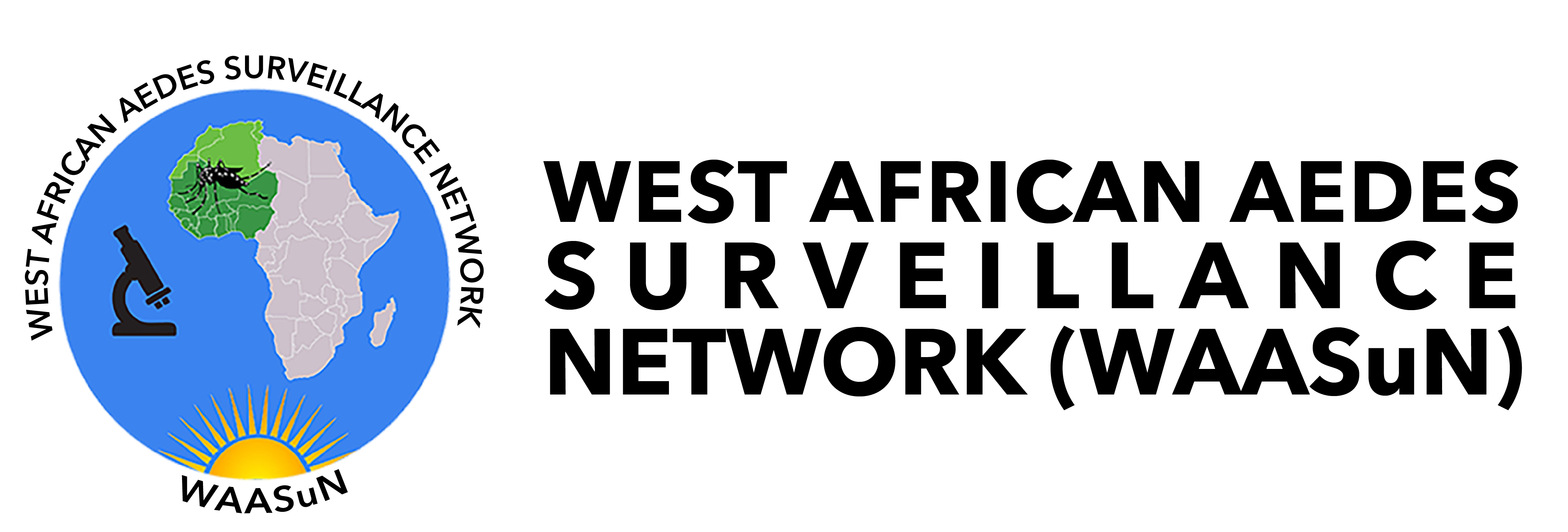Accra, June 26, GNA -The West African Aedes Surveillance Network (WAASuN), has held its 5th regional initiative to build surveillance and control capacity to tackle the growing threat of aedes mosquitoes in the African region.
The three-day meeting, held in Accra, was focused on building participants’ skills in data management and analysis, specifically tailored to surveillance system in detecting and controlling Aedes-borne diseases such as Dengue, yellow fever, chikungunya, and Zika.
The network focuses on strengthening data collection and analysis, sharing expertise, and improving country-level preparedness to predict and respond to Aedes-related outbreaks.
It brought together entomologists and public health professionals from West Africa and neighboring regions, including the Democratic Republic of Congo, Angola, and Cameroon.
Aedes-borne diseases are caused by mosquito species identified by their black and white markings.
Aedes mosquitoes bite primarily during the day and breed in urban environments, requiring tailored control methods.
Professor Samuel Dadzie, Chair of WAASuN, highlighted the network’s pivotal role in responding to the rise in mosquito-borne disease outbreaks, which have intensified due to globalization, rapid urbanization, and climate change.
He said: “When WAASuN started nine years ago, only about 20 per cent of countries in the region had no form of Aedes surveillance, today, thanks to our collective efforts with partners such as WHO, TDR, and WAHO, nearly 80 per cent of West African countries have some level of Aedes surveillance in place.”
Prof. Dadzie, who is also an Associate Professor of Medical Entomology at the University of Ghana Noguchi Memorial Institute for Medical Research (NMMR), emphasised the urgent need for capacity building and proactive strategies, citing the 2023 dengue fever outbreak that affected 22 out of 27 African countries, where most of the countries were in West Africa.
“This surge shows how vulnerable we are as a region. Our goal is to develop the capacity to not only detect these viruses early but to respond quickly before they spiral into large-scale outbreaks,” he said.
He explained: “Controlling Aedes requires a different approach. By integrating our efforts with existing malaria control programmes, we can use the same structures to fight both vectors more efficiently,” Prof. Dadzie explained.
He indicated that Ghana’s experience with the recent dengue outbreak in 2024, demonstrated the value of the integrated approach.
Dr. Evan Buckner, Assistant Professor, University of Florida, who shared best practices in the United States of America, advised that fighting Aedes-borne diseases required an integrated vector management program, not relying on one type of vector control in eliminating the habitats.
Dr Buckner, also a member of the WAASuN, indicated that using multiple types of control, such as larvicides and adulticides, was necessary.
She said: “There are approximately 17 million cases of vector-borne diseases every year, and Dengue is actually the most common viral disease.
The disease is more common than we realise, this is because a lot of times the symptoms can present as maybe a cold or flu, and people do not always get treated for it.”
Dr Fiona Braka, World Health Organisation (WHO) Country Representative, indicated that mosquito-borne diseases, which are mainly viral and parasitic, were increasingly becoming a major threat to urban populations.
She attributed the phenomenon largely to population growth and urbanization, resulting in the crowding of humans, inadequate housing, and waste management, which were creating ideal ecological conditions for the survival of the vectors.
Dr Braka said that the region most in need of such surveillance and response capacity for vector-borne diseases is the African region; hence, the important role of the Network to deliberate on systemic gaps, including strengthened laboratory capacity and systems, was necessary.
The meeting was on the theme: “Building Resilient Systems to Prevent and Mitigate Aedes-borne Diseases the Outbreak in Africa”.
Credit – Ghana News Agency

